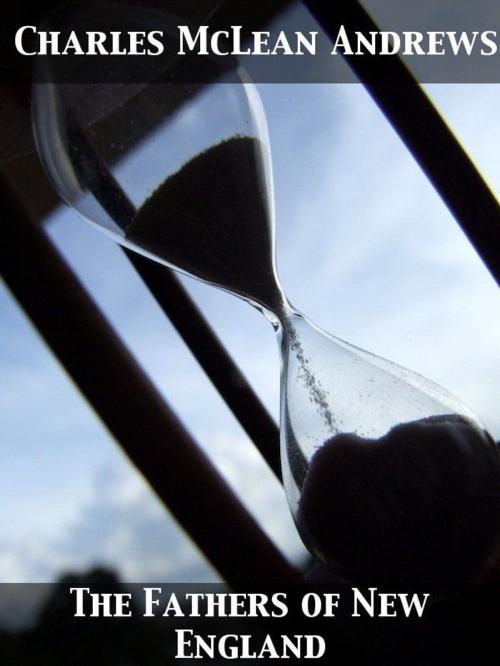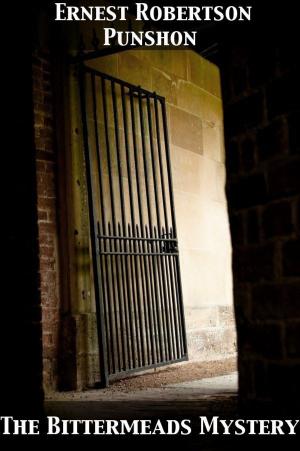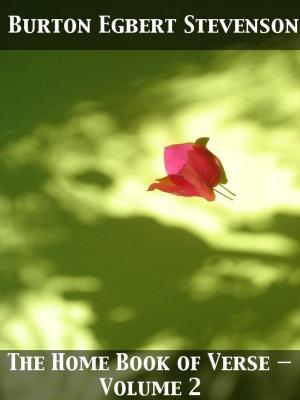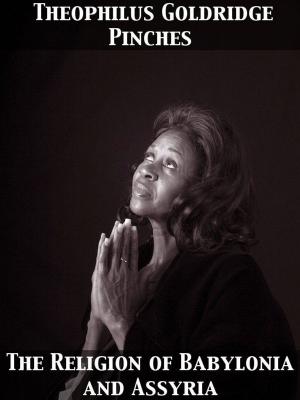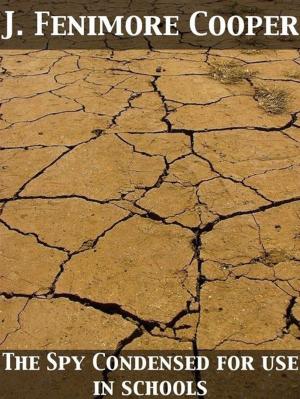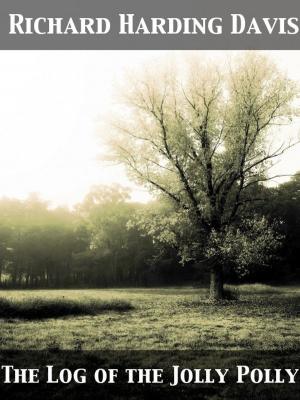| Author: | Charles McLean Andrews | ISBN: | 9782819907718 |
| Publisher: | Release Date: November 27, 2011 | Publication: | November 27, 2011 |
| Imprint: | pubOne.info | Language: | English |
| Author: | Charles McLean Andrews |
| ISBN: | 9782819907718 |
| Publisher: | Release Date: November 27, 2011 |
| Publication: | November 27, 2011 |
| Imprint: | pubOne.info |
| Language: | English |
The Pilgrims and Puritans, whose migration to the New World marks the beginning of permanent settlement in New England, were children of the same age as the enterprising and adventurous pioneers of England in Virginia, Bermuda, and the Caribbean. It was the age in which the foundations of the British Empire were being laid in the Western Continent. The spacious times of great Elizabeth had passed, but the new national spirit born of those times stirred within the English people. The Kingdom had enjoyed sixty years of domestic peace and prosperity, and Englishmen were eager to enter the lists for a share in the advantages which the New World offered to those who would venture therein. Both landowning and landholding classes, gentry and tenant farmers alike, were clamoring, the one for an increase of their landed estates, the other for freedom from the feudal restraints which still legally bound them. The land-hunger of neither class could be satisfied in a narrow island where the law and the lawgivers were in favor of the maintenance of feudal rights
The Pilgrims and Puritans, whose migration to the New World marks the beginning of permanent settlement in New England, were children of the same age as the enterprising and adventurous pioneers of England in Virginia, Bermuda, and the Caribbean. It was the age in which the foundations of the British Empire were being laid in the Western Continent. The spacious times of great Elizabeth had passed, but the new national spirit born of those times stirred within the English people. The Kingdom had enjoyed sixty years of domestic peace and prosperity, and Englishmen were eager to enter the lists for a share in the advantages which the New World offered to those who would venture therein. Both landowning and landholding classes, gentry and tenant farmers alike, were clamoring, the one for an increase of their landed estates, the other for freedom from the feudal restraints which still legally bound them. The land-hunger of neither class could be satisfied in a narrow island where the law and the lawgivers were in favor of the maintenance of feudal rights
